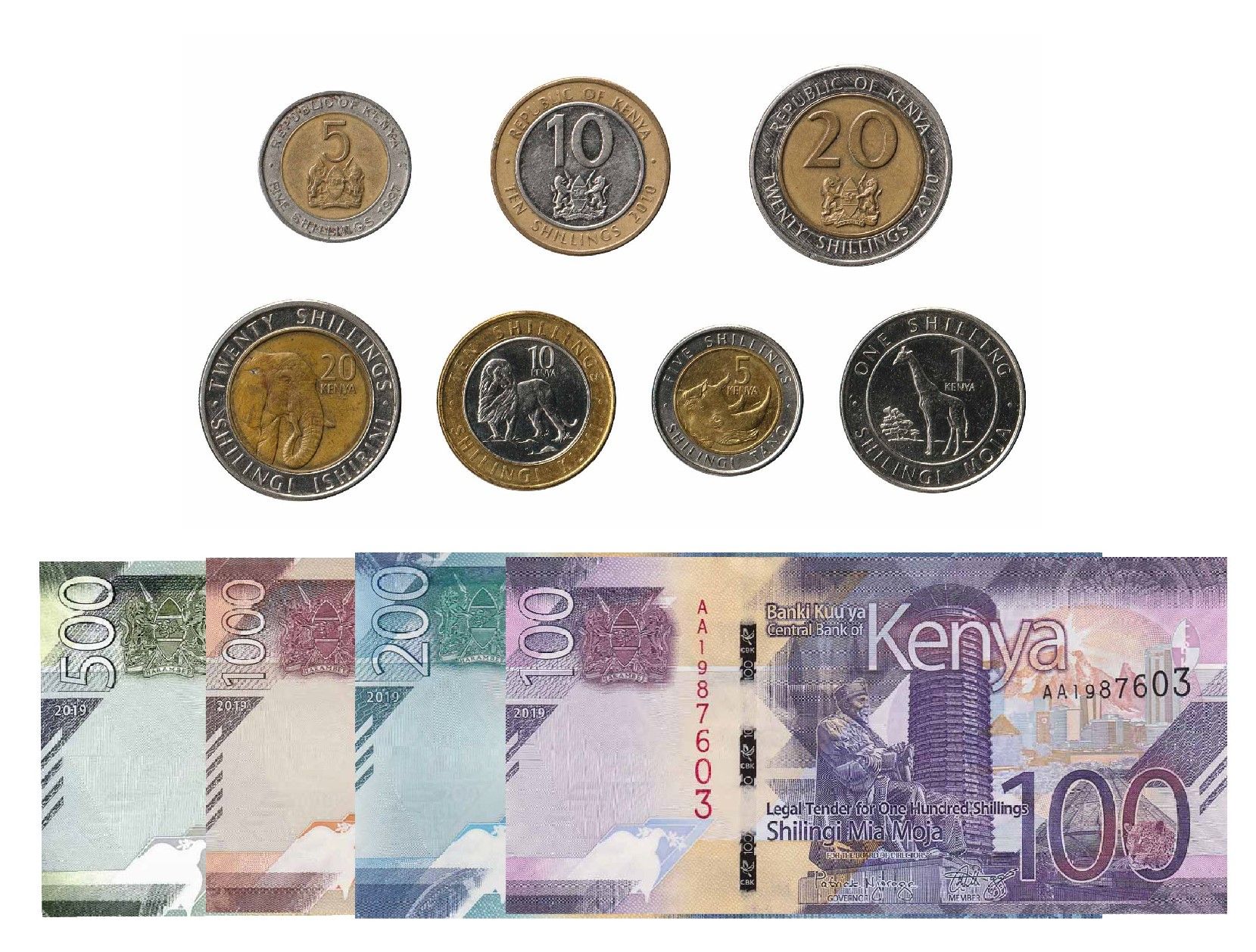Kenyan commercial banks will track large cash deposits and transfers – typically over KES 1 million – following an October 2023 central bank directive on money laundering and terrorism financing, which introduced “purpose of payment” (PoP) transaction codes. The directive could fast-track local compliance with ISO 20022, which dictates transparent financial transaction processing.
The CBK didn’t state a deadline for compliance, but the global deadline is at the end of 2025.
On Wednesday, NCBA, Kenya’s fourth-largest commercial bank, informed customers of the new measures. Other banks are expected to implement PoP codes for Real-Time Gross Settlement (RTGS) transactions, which allow customers to move large amounts of cash between banks instantly.
“As part of adopting ISO 20022 messaging standards, the central bank of Kenya mandated the use of PoP codes for RTGS payments,” NCBA told its customers. “We will provide necessary support for a smooth transition to the new payment standards.”
The Kenya Electronic Payments and Settlement System (KEPSS) processed 1.98 million RTGS transactions worth KES 10.7 trillion ($82.3 billion) in Q1 2024, representing a 1.69% drop in volume but a 6% increase in value compared to the previous quarter’s 2.01 million transactions worth KES 10.1 trillion ($77.7 billion).
PoP codes categorise transactions for transparency and regulatory compliance, in line with the Central Bank of Kenya (CBK) and ISO 20022 requirements.
PoP will allow banks to track and report the nature of transactions through additional fields for PoP code recording.
PoP complements ISO 20022 by standardising data formats globally for consistent transaction communication and financial data processing. According to a banking executive who spoke to Techcabal, this streamlines cross-border payments.
A previous attempt to grant tax authorities access to bank and mobile money transactions through a Data Protection amendment in the now-withdrawn Finance Bill 2024 was unsuccessful.
Non-compliance with anti-money laundering laws attracts a $155,000 (KES 20 million) fine for Kenyan commercial banks.


















